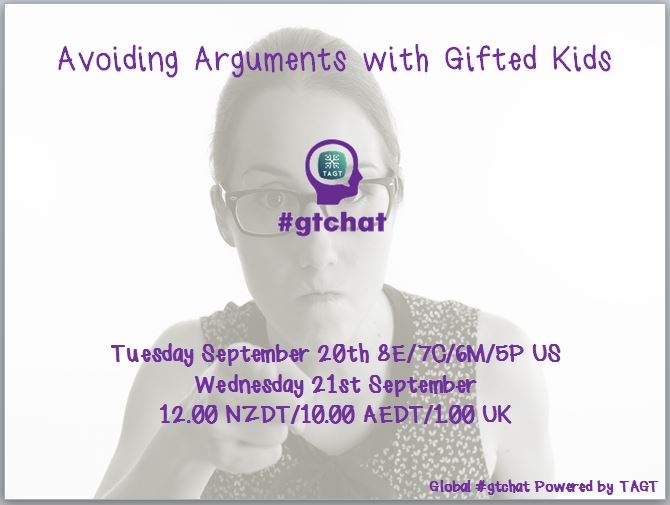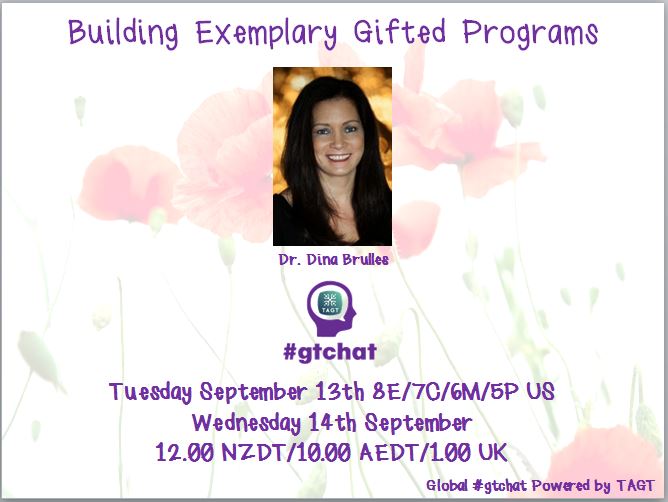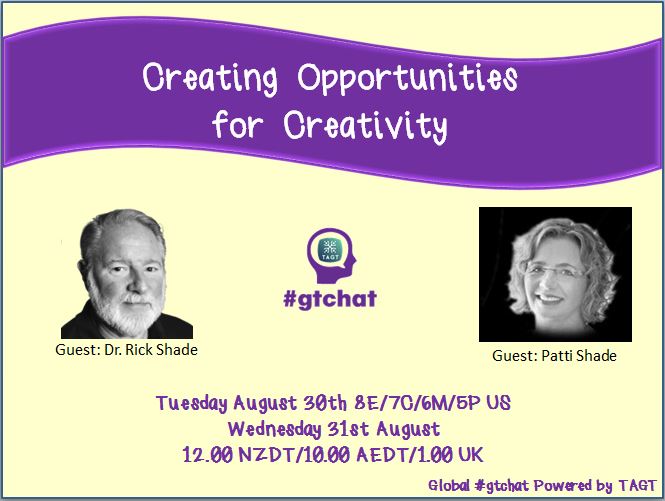
If you’ve ever parented, taught, or even met a gifted child, there’s a good chance you’ve had a difference of opinion that led to an argument. Although it’s doubtful that all arguments can or even should be avoided, there are ways to subdue the intensity and produce positive outcomes.
But why do gifted kids argue so much? Most will tell you simply, “because we can!” Beyond ability, gifted children have an extensive knowledge base on which to draw to make their case. As Carolyn K of Hoagies Gifted remarked, “because they see all the details and nuances many adults look right over, and they want to KNOW! And be RIGHT! They got early positive attention for detailed talking at young ages, and arguing is just an extension of that.” Jonathan Bolding, and education coordinator in Nashville, TN, added, “Some want to be viewed as valued thought partners and asynchronous development may cause friction navigating the teacher vs student divide.”
“Gifted kids are often intellectual, pedantic, and have strong opinions and values and therefore feel the need to argue!” ~ Jo Freitag, Gifted Resources, Victoria, Australia
Some gifted kids find it especially difficult to follow the rules and this can become another source of arguments with adults. They may view obedience to rules they deem unjust as rules to be ignored and consequences to be challenged. Ryan O’Donnell, of Co-Founder of the Institute of Meaningful Instruction, stated, “Their ability to relate leads to finding the boundaries of rules much quicker than others often times.” And from an adult perspective, Dr. Peter Flom, author of Screwed Up Somehow but Not Stupid, Life with a Learning Disability, suggests, “Because we can see how dopey the rules are, how to get around them, and why they are wrong.” Dr. Gail Post, Clinical Psychologist, added, “They are too cognitively complex to be rule-followers.”
“Rules feel like a constraint. They are discovering and applying so much information; they need freedom to explore.” ~ Chouinard Jahant, science teacher, Katy, TX
The term “little lawyer” is sometimes applied to gifted kids. They may sound like they’re in court arguing a case. It can be frustrating for parents. The arguing can be almost constant; arguments ensue over homework, bedtimes, chores, video games, curfews – you name it!
So, how do you teach a young child to express their views respectfully? First and foremost, adults need to model the behavior they wish to see in their children. Respectful expression can be taught. As with any expected behavior, setting consistent expectations early in life is necessary. Methods suggested by chat participants included waiting till an atmosphere of ‘calm’ exists, role-playing, and expressing appreciation for each person’s point of view.
Homework is another ‘ignition point’ for arguments with gifted children; especially if they have already mastered the subject matter. Completion of homework is view differently by different stakeholders. For teachers, it may be an expectation of compliance. For gifted students, a task they feel is taking time from more important, ‘relevant to them’ tasks. For parents, a never-ending source of stress.
What can parents do to stop the homework wars? They should be aware of what is expected by their child’s teacher and discuss alternatives early in the school year. When available for gifted students, conversations about homework should begin at the time of the initial education plan after identification. Depending on their age, Jonathan Bolding suggests, “Encourage the teacher to create alternate assignments that encourage deep thinking and extend tasks.”
“Parents need to advocate for meaningful and less homework.” ~ Tracy Fisher, School Board Member, Coppell ISD, TX
It was clear that arguments with gifted children, cannot be avoided altogether. Many times they are justified. It’s important to model respectful behavior and acknowledge the reasons behind the argument. A transcript of this chat may be found at Storify.

Global #gtchat Powered by the Texas Association for the Gifted and Talented is a weekly chat on Twitter. Join us Tuesdays at 8E/7C/6M/5P in the U.S. and Wednesdays at Noon (12.00) NZST/10.00 AEST/1.00 UK to discuss current topics in the gifted community and meet experts in the field. Transcripts of our weekly chats can be found at Storify. Our Facebook Page provides information on the chat and news & information regarding the gifted community. Also, checkout our Pinterest Page and Playlist on YouTube.
 About the author: Lisa Conrad is the Moderator of Global #gtchat Powered by TAGT and Social Media Manager of the Global #gtchat Community. She is a longtime advocate for gifted children and also blogs at Gifted Parenting Support. Lisa can be contacted at: gtchatmod@gmail.com
About the author: Lisa Conrad is the Moderator of Global #gtchat Powered by TAGT and Social Media Manager of the Global #gtchat Community. She is a longtime advocate for gifted children and also blogs at Gifted Parenting Support. Lisa can be contacted at: gtchatmod@gmail.com
Links:
Disciplining Gifted Children at our blog
How (Not) to Argue with Gifted Children
How to Criticize with Kindness: Philosopher Daniel Dennett on the 4 Steps to Arguing Intelligently
10 Helpful Tips for Parents of Gifted Children
Tips for Parents: Positive Discipline for Gifted Children
Discipline and the Argumentative Gifted Child
Surviving the Middle School Years with your Gifted Child
Your Child Argues About Everything? Appeal to the Heart
Cybraryman’s Communicating with Children Page
Sprite’s Site: Sprite on the Subject of Homework!
Sprite’s Site: That’s What It’s All About
Pinpointing a Fundamental Step Towards Achievement
Picture courtesy of Pixabay CC0 Public Domain
Graphic courtesy of Lisa Conrad.





